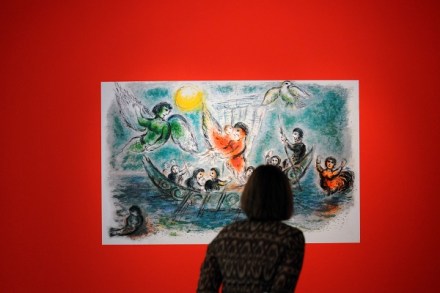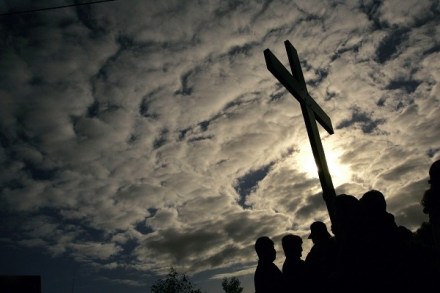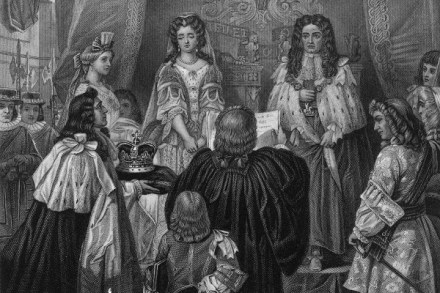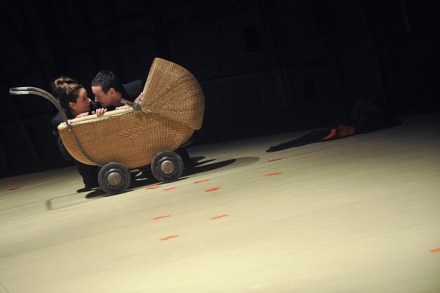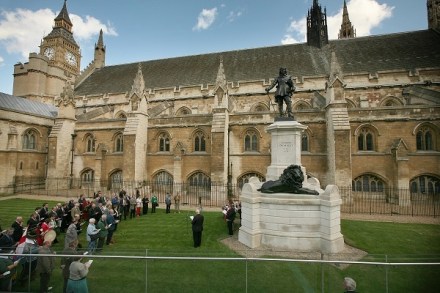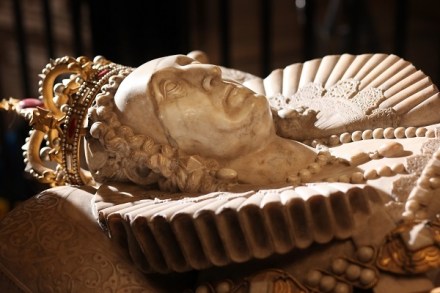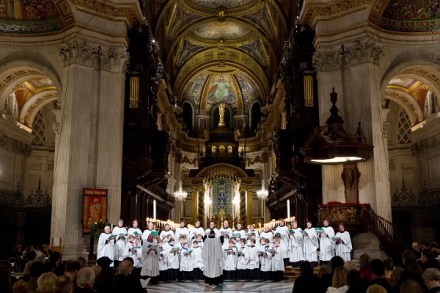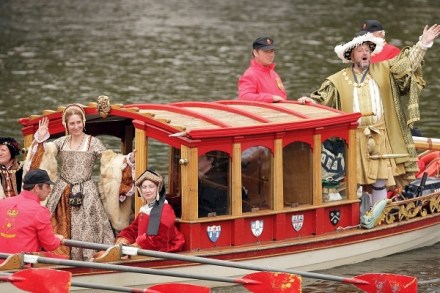Discovering poetry: Lord Byron’s myth-making through verse
‘So, we’ll go no more a roving’ So, we’ll go no more a roving So late into the night, Though the heart be still as loving, And the moon be still as bright. For the sword outwears its sheath, And the soul wears out the breast, And the heart must pause to breathe, And love




